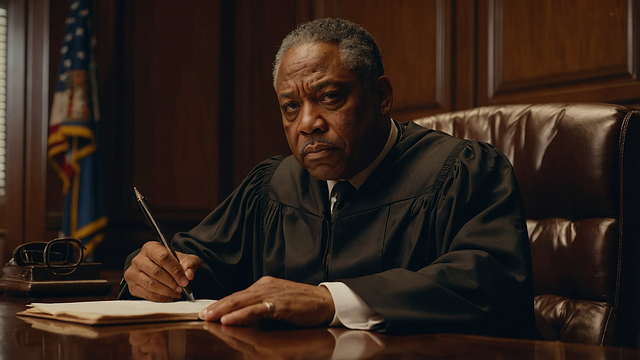In real estate, clear communication and transparency regarding security deposits are vital for landlords and tenants. Local laws protect tenants while allowing landlords to safeguard investments. Maintaining high habitability standards through inspections, updates, maintenance, and effective communication builds trust and positive experiences. Safeguarding tenant security deposits involves clear processes, digital record-keeping, and prompt issue resolution, fostering a positive rental experience.
In the dynamic landscape of real estate, regulating security deposits and maintaining high habitability standards are paramount for fostering trust between landlords and tenants. This comprehensive guide delves into the intricacies of understanding and enforcing these regulations. From grasping the legal framework surrounding security deposits to setting and upholding rigorous habitability standards, this article equips both property managers and renters with essential best practices for secure and harmonious cohabitation.
Understanding Security Deposit Regulations in Real Estate

In the dynamic realm of real estate, understanding security deposit regulations is paramount for both landlords and tenants. These regulations vary across jurisdictions but generally aim to protect tenants from arbitrary or excessive charges while ensuring property owners can safeguard their investments. Familiarizing oneself with local laws and guidelines is crucial, as they dictate the acceptable amounts, conditions for returning deposits, and procedures for resolving disputes.
Landlords must provide clear, detailed notices outlining expected habits and consequences for damage, enabling tenants to maintain and preserve properties to avoid unnecessary security deposit deductions. Transparency fosters trust, enhances habitability standards, and ultimately contributes to a positive real estate experience for all parties involved.
Setting and Enforcing Habitability Standards for Properties

Setting and enforcing habitability standards is a critical aspect of the real estate industry, ensuring properties meet essential safety and livability criteria. These standards cover various elements, from structural integrity to basic amenities, guaranteeing tenants or future buyers experience comfortable and secure living environments. Real estate professionals play a pivotal role in this process by conducting thorough inspections and assessments to identify any deviations from set norms.
To maintain high habitability, property managers and owners must stay updated on local regulations and industry best practices. Regular maintenance checks, prompt repairs, and adherence to health and safety guidelines are non-negotiable. Effective communication with residents is equally vital; clear documentation of expected standards and consequences for non-compliance helps foster a culture of responsibility. This proactive approach contributes to a positive real estate experience, fostering trust between stakeholders while ensuring the longevity and appeal of properties in the market.
Protecting Tenants: Best Practices for Secure Deposits

In the real estate sector, protecting tenants and their security deposits is paramount. Best practices for managing security deposits involve clear communication and transparency throughout the rental process. Landlords should provide detailed information on deposit requirements, including amounts, acceptable forms of payment, and conditions for return. Regularly updating and providing access to habitability standards ensures tenants understand what’s expected of them.
By establishing a robust system for documenting property conditions before and after tenancy, landlords can mitigate disputes surrounding damage or wear and tear. Keeping thorough records, preferably digital, facilitates efficient processing of deposit refunds. Promptly addressing tenant concerns and queries builds trust, fostering a positive relationship that enhances the overall rental experience in real estate.






